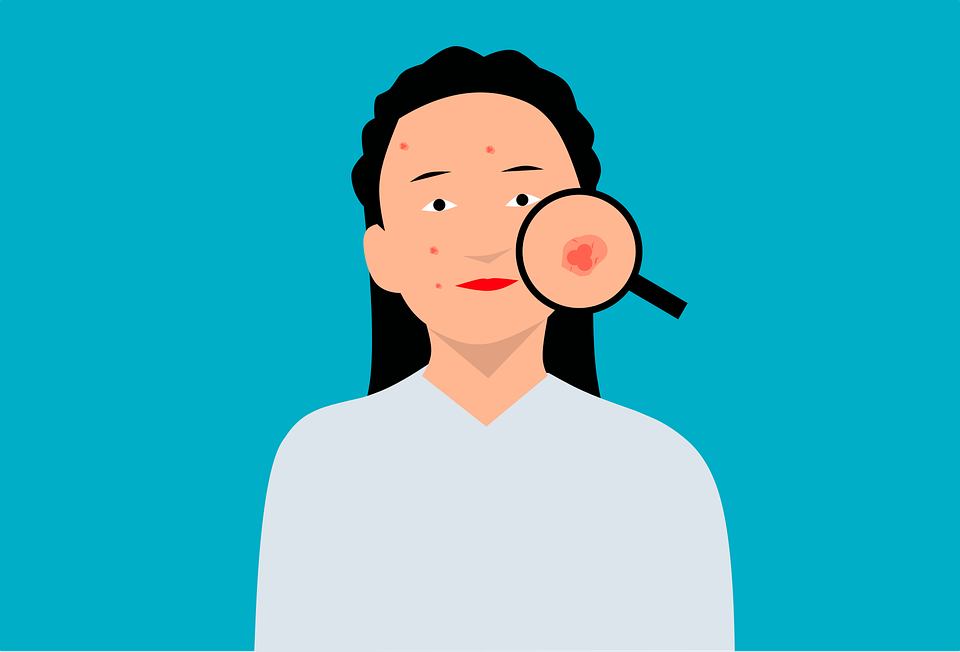Eczema and psoriasis are two common skin conditions that can cause discomfort, pain, and embarrassment. While there are many treatments available for these conditions, some people are turning to probiotics as a natural way to manage their symptoms. In this blog, we’ll explore the link between probiotics and eczema and psoriasis, and how probiotics can help alleviate skin conditions.
Understanding Eczema and Psoriasis
Eczema and psoriasis are both chronic skin conditions that can cause redness, inflammation, and itching. Eczema is characterized by dry, itchy patches of skin that can be triggered by a variety of factors, including stress, allergens, and irritants. Psoriasis is characterized by red, scaly patches of skin that can be painful and itchy. Both conditions can be difficult to manage and can impact daily life and overall well-being.
The Link Between Probiotics and Skin Health
While the exact causes of eczema and psoriasis are not fully understood, emerging research suggests that gut health may play a role in the development and management of these conditions. Probiotics can help to improve gut health by promoting the growth of beneficial bacteria in the gut. This can improve digestion and absorption of nutrients, which can impact overall well-being and potentially reduce the severity of eczema and psoriasis symptoms.
Reduced Inflammation
Probiotics can also help to reduce inflammation in the body, which is a common trigger for both eczema and psoriasis. Chronic inflammation can contribute to the severity of these conditions, so reducing inflammation can alleviate some of these symptoms.
Improved Immune Function
Probiotics can also support immune function by promoting the growth of beneficial bacteria in the gut. This can help to prevent the growth of harmful bacteria and viruses that can exacerbate skin conditions like eczema and psoriasis.
The Best Probiotics for Managing Eczema and Psoriasis
Not all probiotics are created equal when it comes to managing eczema and psoriasis. Here are a few of the best probiotics for promoting gut health and reducing inflammation:
Lactobacillus acidophilus
Lactobacillus acidophilus is a probiotic that can help to improve gut health and reduce inflammation, making it an effective supplement for those looking to manage eczema and psoriasis symptoms.
Bifidobacterium bifidum
Bifidobacterium bifidum is a probiotic that can help to improve gut function and reduce inflammation, making it an effective supplement for those looking to manage eczema and psoriasis symptoms.
Lactobacillus rhamnosus
Lactobacillus rhamnosus is a probiotic that can help to improve gut health and reduce inflammation, making it an effective supplement for those looking to manage eczema and psoriasis symptoms.
Tips for Incorporating Probiotics into Your Diet for Managing Eczema and Psoriasis
Here are a few tips for incorporating probiotics into your diet to manage eczema and psoriasis symptoms:
Eat Probiotic-Rich Foods
Probiotic-rich foods are an excellent source of beneficial bacteria. Some of the best options include yogurt, kefir, sauerkraut, kimchi, and kombucha.
Take a Probiotic Supplement
If you’re unable to get enough probiotics from your diet, consider taking a probiotic supplement. There are many different types of probiotic supplements available, so be sure to choose one that’s right for you and your specific needs.
Eat a Nutrient-Dense Diet
In addition to incorporating probiotics into your diet, it’s also important to eat a nutrient-dense diet that supports overall well-being. This might include foods rich in omega-3 fatty acids, antioxidants, and other essential nutrients for managing eczema and psoriasis symptoms.
Avoid Triggers
Avoiding triggers is an important part of managing eczema and psoriasis. This might include avoiding certain foods, using gentle skincare products, and managing stress levels.
Conclusion
Eczema and psoriasis can be difficult to manage, but there are many natural ways to alleviate symptoms, including the use of probiotics.







